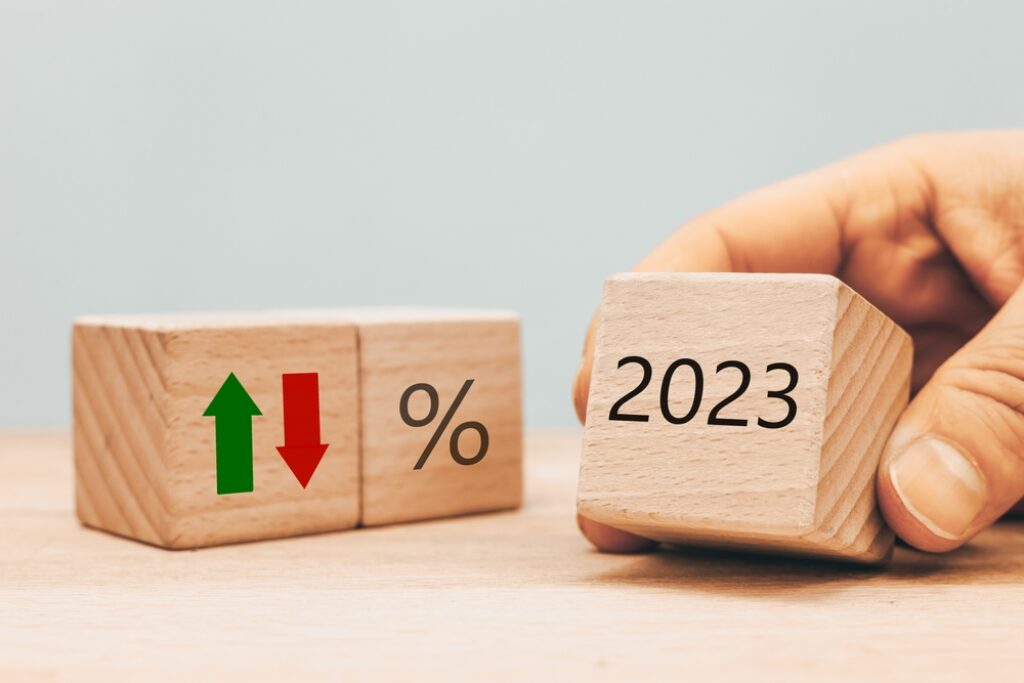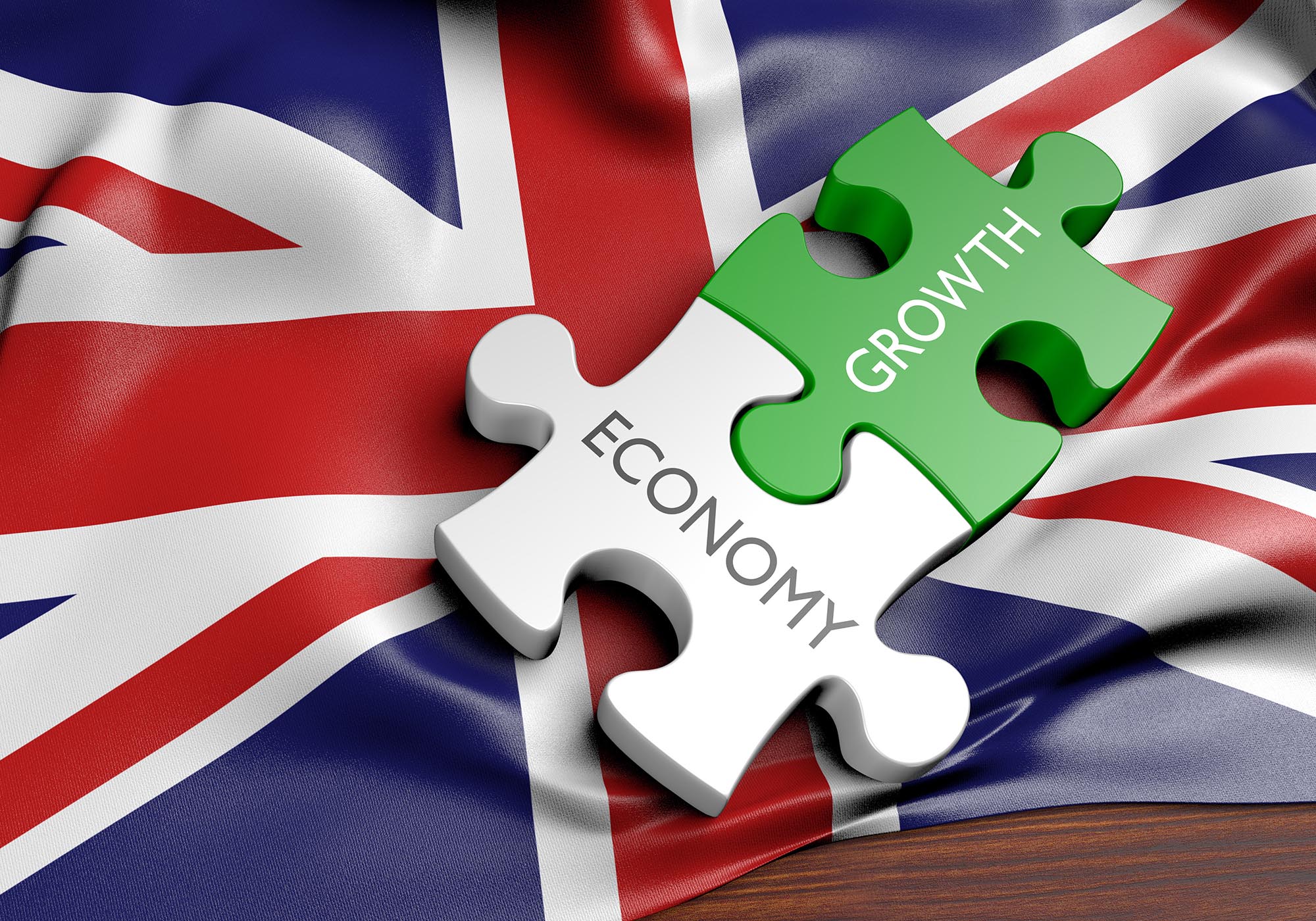After 14 base rate rises and a hold last month, financial experts are in agreement on its likely direction when the Monetary Policy Committee (MPC) meets tomorrow, 2 November.
The Bank of England is likely to hold rates steady at 5.25% on Thursday this week, according to pricing in financial markets, in a show that stubborn inflation is far from over, reported the Financial Times.
Four-fifths of economists polled by news agency Reuters also think rates will be left unchanged on Thursday, with the remainder predicting an increase as the MPC prepares to balance weaker economic activity against spikes in consumer prices and wages.
The central bank held its benchmark rate at 5.25% in its September meeting after an unexpectedly weak inflation reading the previous day.
Andrew Goodwin, chief UK economist at consultancy Oxford Economics, cautioned that while there was no immediate need for a rate rise in the UK, inflation remains “uncomfortably strong”. The bank’s critical message, he predicted, will be that “rates are going to be on hold for a long time”.
Susannah Streeter, head of money and markets at Hargreaves Lansdown, said: “In the UK the economy may be stagnating, but inflation is still considered far too hot. However, the Bank of England’s MPC is also expected to vote for restraint, and wait for the effects of previous rate hikes to take effect.”
Deutsche Bank also predicted that the Bank was likely to hold rates, giving more detail on where it saw the votes of the MPC going.
Analysts said: “We expect the BoE to keep the Bank Rate on hold at 5.25%. Our base case is for 6-3 vote count in favour of keeping Bank Rate steady. The majority of the committee, we think, will lean on the slightly more dovish news on growth, inflation, and the labour market.
“Who is likely to dissent? We see Mann, Haskel, and Greene opting for a further 25bps rate hike on the back of still strong wage growth, and still elevated near-term inflation expectations as a result of sticky CPI and the emergence of geopolitical risks.”
Reuters also cited interest rate futures, which show traders don’t expect a cut until June 2024.
Although inflation unexpectedly held steady at 6.7% in September, the highest of any major advanced economy, 61 out of 73 economists in the October poll said there would be no move from the Bank this week, in line with market expectations.
“The Bank kept rates on hold in September and there hasn’t really been much data since then to change that position. And the data we have had such as wages and inflation wasn’t that different to what everybody expected,” said James Smith at ING.
“The bigger picture is the impact of previous hikes is still coming through.”
Prospect of a rise
Only 12 economists forecast a quarter point rise to 5.50% at the November Monetary Policy Committee meeting.
However, 16 of 28 who answered an additional question from Reuters said the chance of another lift this year was high. Despite 515 basis points of hikes since December 2021, inflation is still more than three times the BoE’s 2% target.
“At some point, when it is more comfortable that core and services inflation are on an established downtrend, the MPC may want to switch to a more neutral guidance. But we don’t think it will be ready to make that change just yet,” noted Elizabeth Martins at HSBC.
September’s inflation data was not far off what the Bank had expected, BoE Governor Andrew Bailey said last week, adding a slowdown in core inflation, which strips out volatile food and energy prices, was “quite encouraging”.
Inflation unlikely to hit target until 2025
Inflation is expected to gradually decline across the forecast horizon but it won’t reach target until Q2 2025, the Reuters poll showed. It will average 3% next year and 2.2% in 2025.
The majority of economists said the first cut to base rate will be in July 2024 with a median prediction for a 25 basis point reduction in the third quarter. Roughly one-third of economists expected the Bank to act earlier.
The BoE was forecast to reduce Bank Rate by 50 basis points in the fourth quarter next year, putting it at 4.50% by year-end.
Slow growth
The outlook is weak for the UK, according to Reuters, although Britain will dodge a recession, median forecasts showed. Having likely contracted 0.1% last quarter it will flatline in this one and eke out only 0.1% growth in the first two quarters of next year.
“It’s a story of very slow growth over the next few quarters rather than an outright meaningful recession,” ING’s Smith added.





